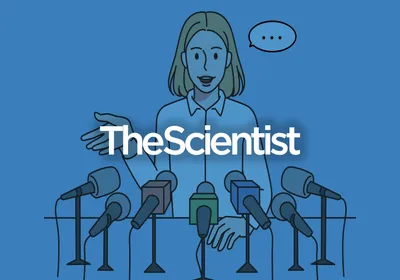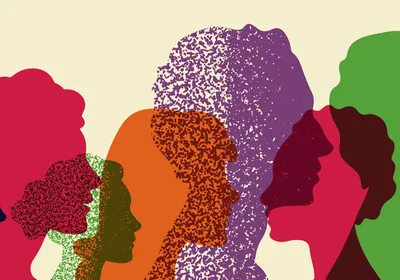 Jasdeep Saggar in full flow at 3MT OntarioCHI YAN LAM, QUEEN'S UNIVERSITYWith a giant digital clock counting down the seconds, 30 graduate students last week (18 April) nervously took the stage at Queen’s University in Kingston, Ontario, to explain their research to a panel of non-specialist judges in just 3 minutes. It was the final of the Ontario Three-Minute Thesis (3MT) contest, the culmination of a province-wide competition in which hundreds of early career researchers presented complex research to a lay audience in an accessible and engaging way—with a single slide and only 180 seconds.
Jasdeep Saggar in full flow at 3MT OntarioCHI YAN LAM, QUEEN'S UNIVERSITYWith a giant digital clock counting down the seconds, 30 graduate students last week (18 April) nervously took the stage at Queen’s University in Kingston, Ontario, to explain their research to a panel of non-specialist judges in just 3 minutes. It was the final of the Ontario Three-Minute Thesis (3MT) contest, the culmination of a province-wide competition in which hundreds of early career researchers presented complex research to a lay audience in an accessible and engaging way—with a single slide and only 180 seconds.
“It was exhilarating,” said Jasdeep Saggar, a PhD candidate at the University of Toronto who took first prize—and CA$1,000—for her talk on chemotherapy and hypoxia-activated pro-drugs in the breast cancer tumor microenvironment. “I was nervous, because it was a packed house, but this was my moment to talk about almost 5 years of my life, something that I’m very passionate about.”
Originally developed by the University of Queensland in Australia, 3MT aims to promote communication across research disciplines and help young academics develop skills to effectively share their work with a broad audience. For the scientists competing, the hope is that such skills will help them advance their careers, as well as prepare them to better communicate their work to the public. But some scientists ...

















